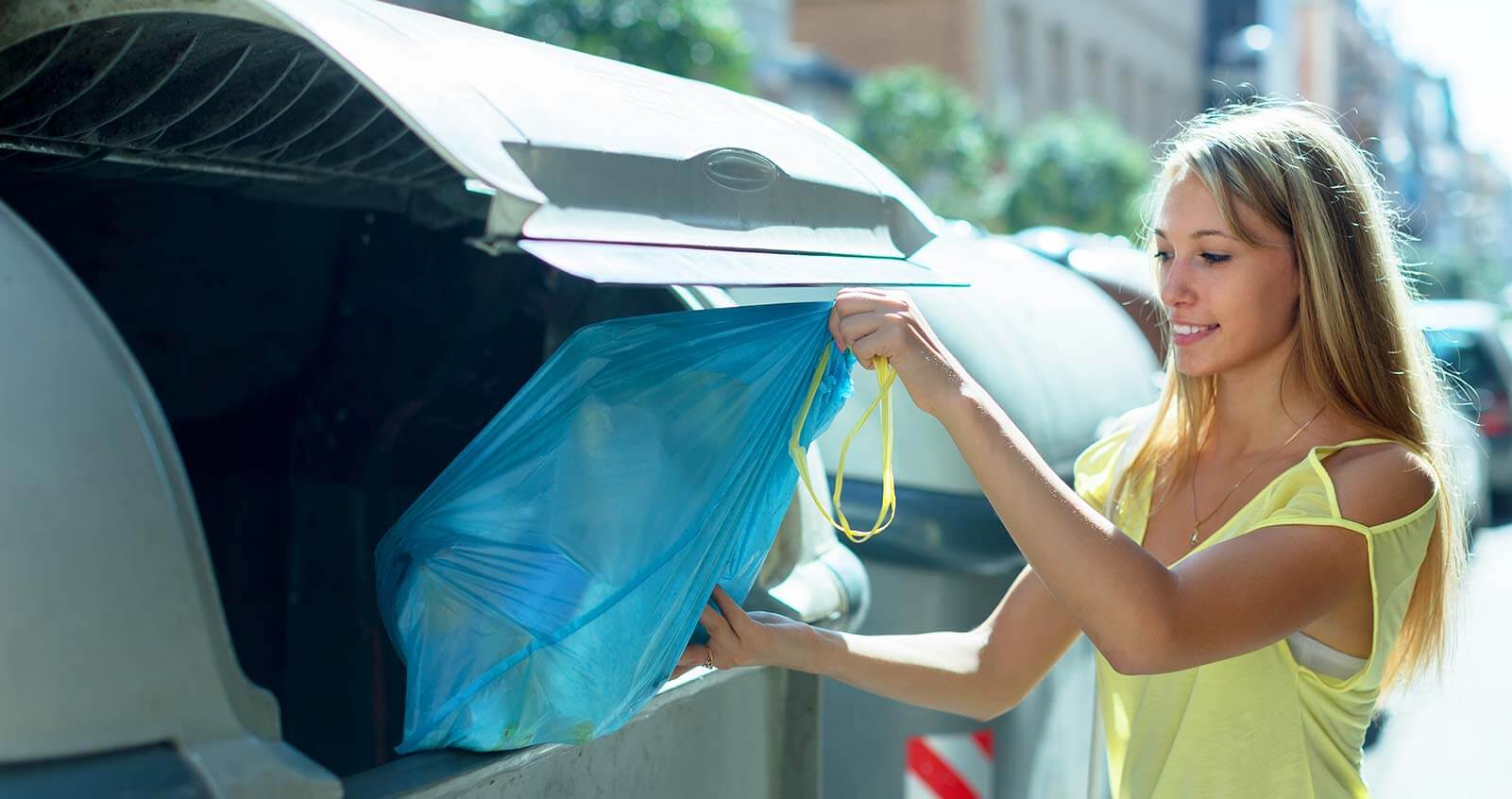Eco-Friendly Recycling Gains
Posted on 22/11/2024
In recent years, the significance of eco-friendly recycling has garnered widespread attention as a vital component in the fight against climate change, reducing landfill waste, and conserving natural resources. This article explores the benefits and challenges of eco-friendly recycling, the various methods employed, and its role in promoting a sustainable future.
The Benefits of Eco-Friendly Recycling
Eco-friendly recycling can be defined as the process of diverting waste from landfills through efficient and sustainable methods. This practice has several profound benefits:
1. Reduction in Greenhouse Gas Emissions
One of the primary advantages of eco-friendly recycling is the reduction in greenhouse gas emissions. Traditional waste disposal methods, such as landfilling and incineration, release significant amounts of methane and carbon dioxide into the atmosphere. By recycling, these emissions are significantly curtailed, contributing to a lower carbon footprint.
2. Conservation of Natural Resources
Eco-friendly recycling helps in the conservation of precious natural resources. For example, recycling paper ensures fewer trees are cut down, preserving forests and the biodiversity they support. Similarly, recycling metals like aluminum and copper reduces the need for mining, which can be devastating to ecosystems.
3. Energy Savings
Manufacturing products from recycled materials generally requires less energy than producing them from raw materials. For instance, recycling aluminum saves up to 95% of the energy needed to create new aluminum from bauxite ore. This energy savings translate into lower operational costs and fewer environmental pollutants.
4. Economic Benefits
The eco-friendly recycling industry is a significant contributor to the economy. It creates jobs in collection, sorting, processing, and management of recyclable materials. This, in turn, fosters economic growth and stimulates innovation in recycling technologies and services.

Challenges in Eco-Friendly Recycling
Despite the numerous benefits, there are hurdles to the widespread adoption and efficiency of eco-friendly recycling. Understanding these challenges is crucial in devising solutions and policies to overcome them.
1. Contamination of Recyclable Materials
One of the significant challenges is the contamination of recyclable materials. When non-recyclable items are mixed with recyclables, it can cause entire batches of materials to be unusable, thereby increasing processing costs and efforts.
2. Limited Market for Recycled Products
Another challenge is the fluctuating market demand for recycled products. When demand is low, the profitability of recycling programs diminishes, potentially leading to reduced recycling rates and increased landfilling.
3. Inadequate Infrastructure
Infrastructure constraints, such as inadequate collection systems, insufficient recycling facilities, and lack of public awareness, can hamper the efficiency and effectiveness of recycling programs. To address this, investment in infrastructure and education is necessary.
Methods of Eco-Friendly Recycling
There are various methods employed in eco-friendly recycling, each with its unique processes and benefits. Some common methods include:
1. Single-Stream Recycling
Single-stream recycling is a system where all recyclables are placed in a single bin and sorted at a materials recovery facility (MRF). This method increases convenience and participation rates but can lead to higher contamination levels.
2. Dual-Stream Recycling
In dual-stream recycling, materials are separated into two bins: one for paper products and another for plastics, metals, and glass. This method reduces contamination and yields higher quality recyclables but requires more effort from consumers.
3. Composting
Composting is an eco-friendly recycling method that involves the decomposition of organic waste, such as food scraps and yard trimmings, into nutrient-rich compost. This compost can be used to enrich soil and support plant growth, thus closing the nutrient loop.
4. E-Waste Recycling
E-waste recycling addresses the growing problem of electronic waste, which contains hazardous materials and valuable metals. Specialized facilities dismantle and recycle components from discarded electronics, recovering precious metals and safely disposing of toxic substances.
The Role of Government and Policy in Promoting Eco-Friendly Recycling
Government and policy interventions play a critical role in promoting eco-friendly recycling practices. Effective policies can create an enabling environment for recycling initiatives to thrive and succeed.
1. Extended Producer Responsibility (EPR)
EPR policies mandate that manufacturers take responsibility for the entire lifecycle of their products, including their end-of-life disposal. This incentivizes producers to design products that are easier to recycle and fosters the development of robust recycling infrastructure.
2. Public Awareness Campaigns
Governments can spearhead public awareness campaigns to educate citizens about the importance of recycling and how to do it correctly. Increased awareness can lead to higher participation rates and lower instances of contamination.
3. Financial Incentives
Policy measures such as tax incentives, grants, and subsidies can encourage businesses and individuals to adopt eco-friendly recycling practices. Financial incentives can also support research and innovation in recycling technologies.

The Future of Eco-Friendly Recycling
The future of eco-friendly recycling looks promising, driven by technological advances, growing awareness, and stronger policy support. Emerging technologies, such as artificial intelligence (AI) and robotics, are poised to revolutionize sorting and processing, making recycling more efficient and cost-effective.
1. Automation and AI
Automation and AI have a significant potential to transform the recycling industry. Robotic systems equipped with AI can sort recyclable materials with higher precision and speed, reducing contamination and increasing the quality of recycled products.
2. Circular Economy
The concept of a circular economy, where waste is minimized through the continual use of resources, is gaining traction. In a circular economy, products are designed for longevity, reuse, and recycling, thus closing the loop and reducing reliance on raw materials.
3. Innovative Materials
Research and development in innovative materials, such as biodegradable plastics and sustainable packaging, are paving the way for eco-friendly recycling. These materials are designed to be easier to recycle or compost, reducing their environmental impact.
Conclusion
Eco-friendly recycling is a critical component of a sustainable future, offering numerous environmental, economic, and social benefits. While challenges such as contamination and inadequate infrastructure exist, concerted efforts from governments, businesses, and individuals can drive positive change. By investing in technology, fostering public awareness, and implementing supportive policies, we can enhance the efficiency and effectiveness of recycling programs, ensuring a healthier planet for future generations.





